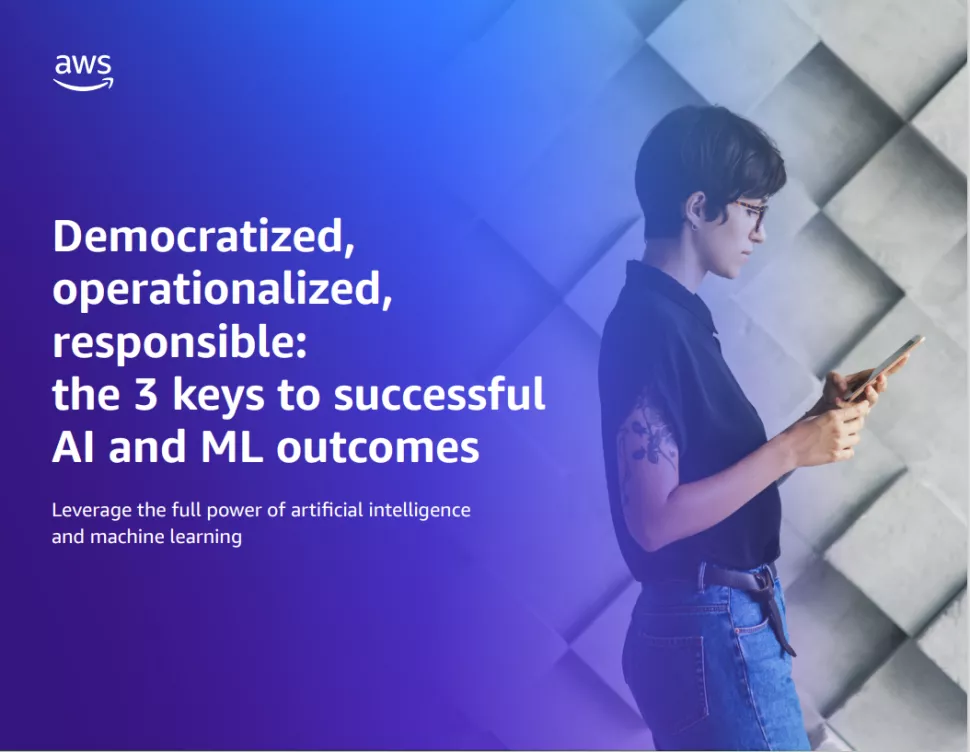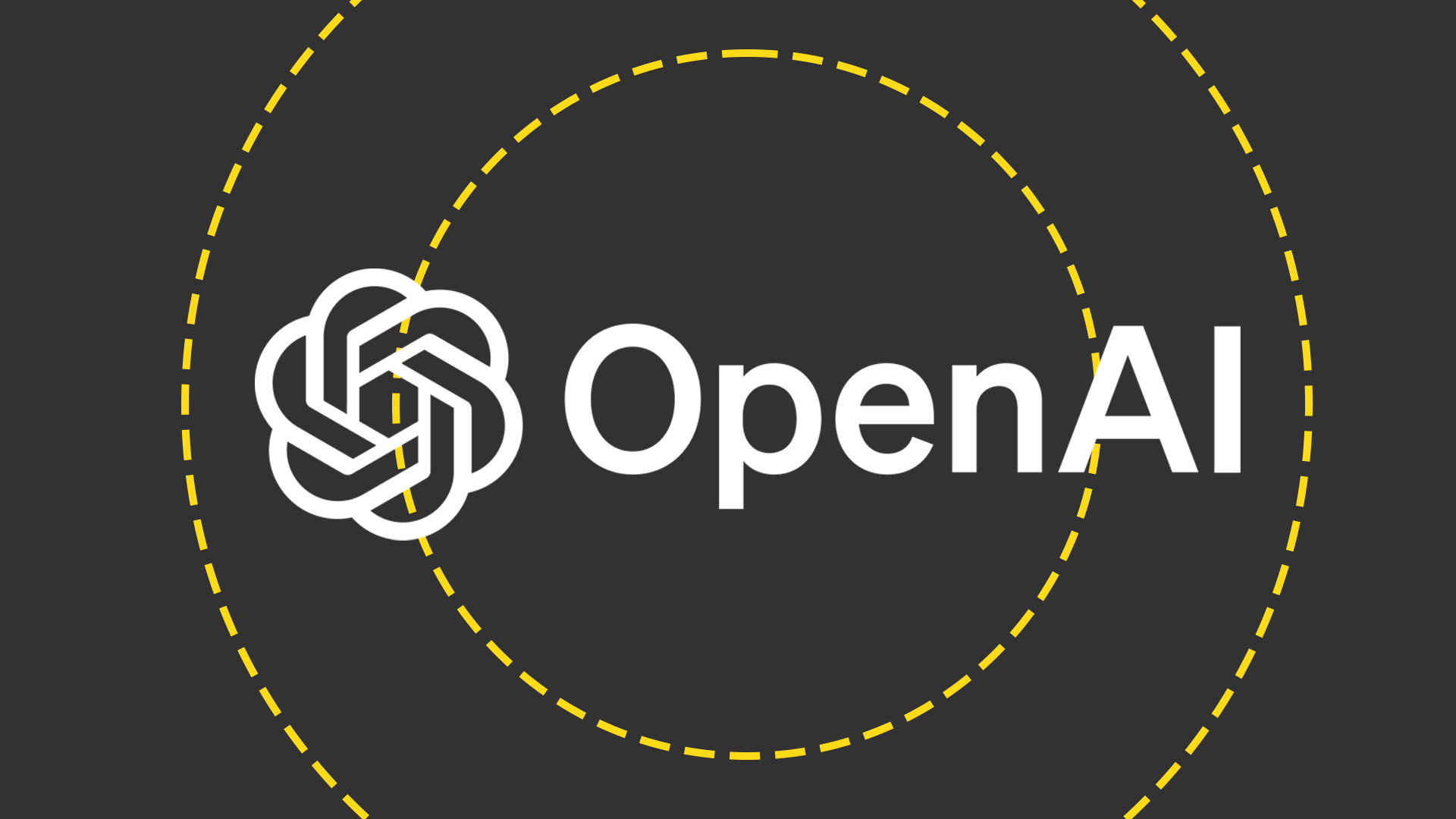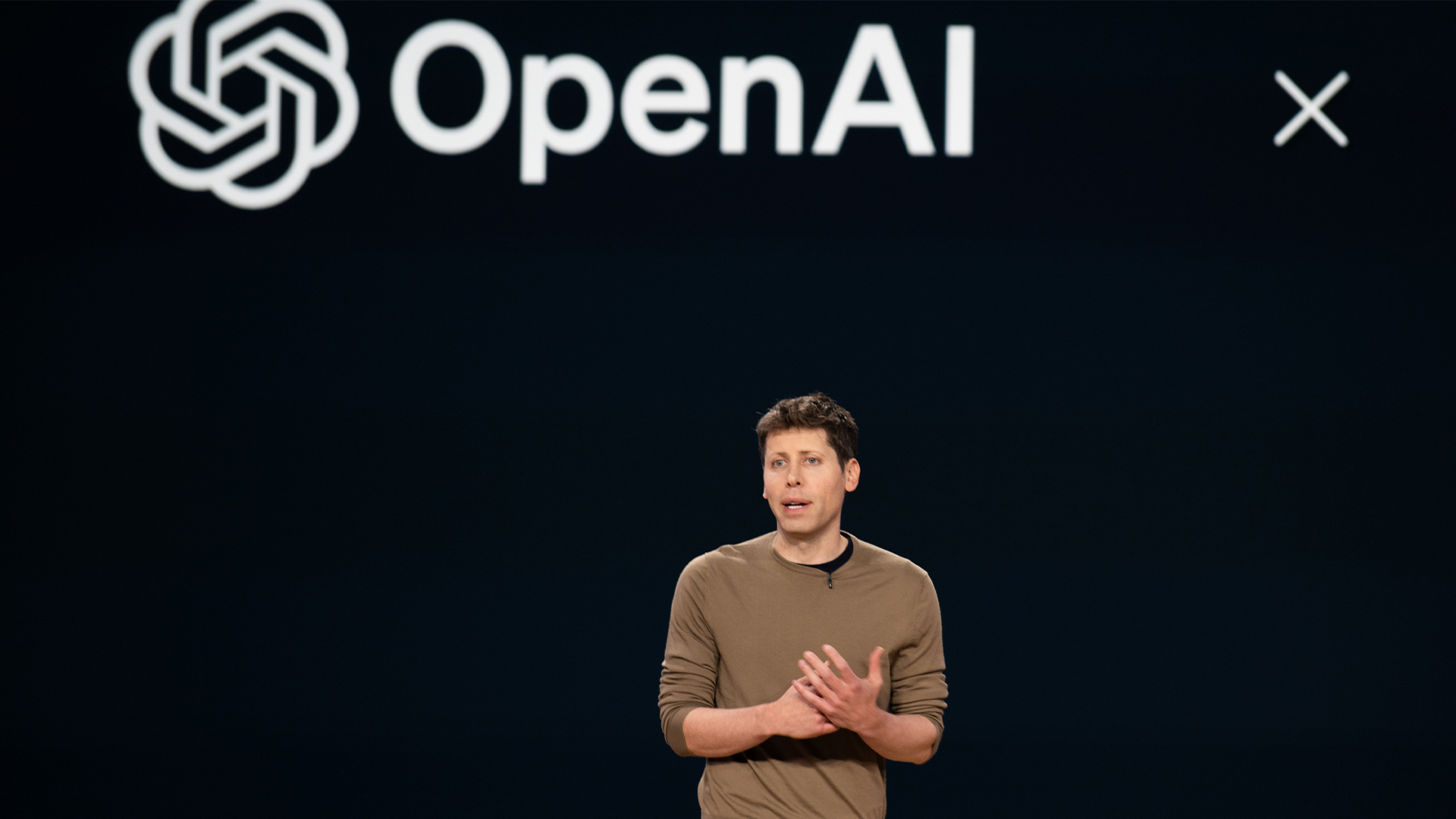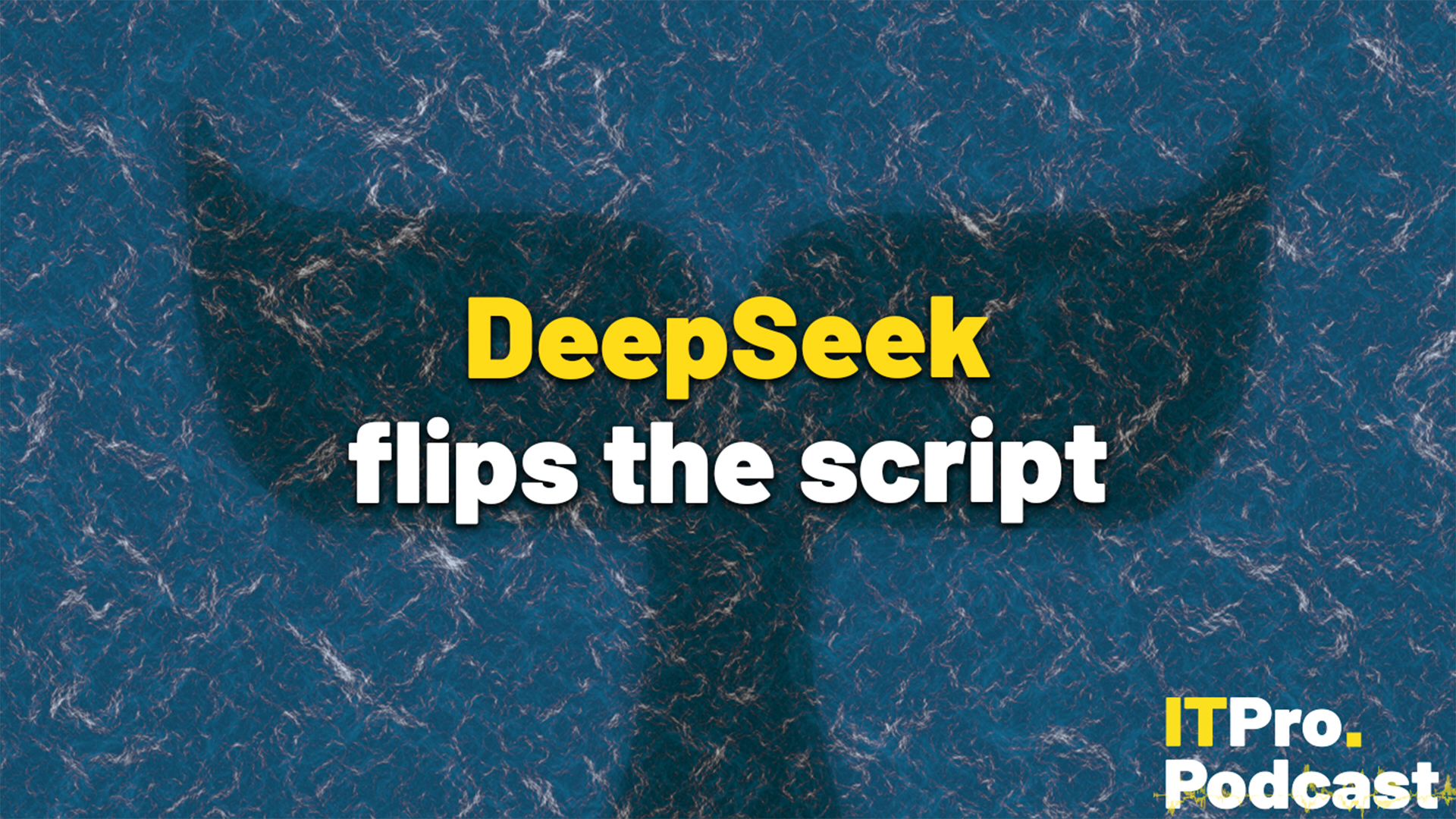OpenAI aims to reduce generative AI 'hallucinations' with new training method
An AI that shows its workings could be more comprehensible to engineers


OpenAI has published details of a new training method that it hopes will improve the accuracy and transparency of AI models.
The AI firm used ‘process supervision’ to train a model for solving mathematical problems, a method in which systems are rewarded for each accurate step taken toward an answer.
This allows for models to be trained in such a way that they produce comprehensible outputs, and result in fewer confidently incorrect answers or ‘hallucinations’
This contrasts with the more traditional ‘outcome supervision’ method, by which a model is given positive or negative feedback solely based on the answer it gives with little consideration of its working.
RELATED RESOURCE

The three keys to successful AI and ML outcomes
Democratized, operationalized, and responsible
Greater use of safety measures can reduce the performance of AI systems, a relationship that researchers call ‘alignment tax’.
The results of OpenAI’s testing showed that the process supervision method carried a negative alignment tax, meaning that it improved the performance of the test model alongside its safety.
As a result, the method was found to improve both the accuracy and effectiveness of the system, with outputs demonstrating the AI was capable of righting itself after an inaccurate step in order to eventually produce a correct answer.
Get the ITPro daily newsletter
Sign up today and you will receive a free copy of our Future Focus 2025 report - the leading guidance on AI, cybersecurity and other IT challenges as per 700+ senior executives
In this way, the training method may be useful for reducing the hallucinatory output for a range of AI systems such as customer-facing chatbots or image generation programs.
“It is unknown how broadly these results will generalize beyond the domain of math, and we consider it important for future work to explore the impact of process supervision in other domains,” wrote OpenAI.
“If these results generalize, we may find that process supervision gives us the best of both worlds – a method that is both more performant and more aligned than outcome supervision.”
Hallucinations are a phenomenon in which an AI system provides confident but inaccurate responses, and are present in many popular services such as ChatGPT.
They are considered a foundational problem for generative AI, particularly for large language models (LLM), and some experts consider them an inherent trait of LLMs that will never be fully stamped out.
Risk analysts have highlighted these as one of many threats associated with AI, and those already using ChatGPT for business have had to take these system limitations into account.
Google executives have warned against fully trusting AI systems while hallucinations remain an issue, and has aimed at reducing their prevalence in recent updates to its Bard chatbot.
Experts have called for more involvement of humans in the individual decisions made by generative AI models, often known as ‘human-in-the-loop’ structures.
“The beauty and allure of the technology is its impressive ability to sound smart, which is dangerous in a business situation,” said Aaron Kalb, chief strategy officer, co-founder, Alation.
“You could be unknowingly introducing inaccuracies into decision-making. To be really effective, generative models should be fine-tuned on domain-specific data catalogs and their output should be reviewed by humans."
In recent months, prominent figures in the AI ecosystem have called for measures such as a six-month pause on AI development to give time for adequate safeguards to be put in place.
Sam Altman, CEO at OpenAI, has also stated that the firm will not begin work on its GPT-4 successor GPT-5 until the former’s inherent safety issues have been addressed.

Rory Bathgate is Features and Multimedia Editor at ITPro, overseeing all in-depth content and case studies. He can also be found co-hosting the ITPro Podcast with Jane McCallion, swapping a keyboard for a microphone to discuss the latest learnings with thought leaders from across the tech sector.
In his free time, Rory enjoys photography, video editing, and good science fiction. After graduating from the University of Kent with a BA in English and American Literature, Rory undertook an MA in Eighteenth-Century Studies at King’s College London. He joined ITPro in 2022 as a graduate, following four years in student journalism. You can contact Rory at rory.bathgate@futurenet.com or on LinkedIn.
-
 Bigger salaries, more burnout: Is the CISO role in crisis?
Bigger salaries, more burnout: Is the CISO role in crisis?In-depth CISOs are more stressed than ever before – but why is this and what can be done?
By Kate O'Flaherty Published
-
 Cheap cyber crime kits can be bought on the dark web for less than $25
Cheap cyber crime kits can be bought on the dark web for less than $25News Research from NordVPN shows phishing kits are now widely available on the dark web and via messaging apps like Telegram, and are often selling for less than $25.
By Emma Woollacott Published
-
 OpenAI woos UK government amid consultation on AI training and copyright
OpenAI woos UK government amid consultation on AI training and copyrightNews OpenAI is fighting back against the UK government's proposals on how to handle AI training and copyright.
By Emma Woollacott Published
-
 DeepSeek and Anthropic have a long way to go to catch ChatGPT: OpenAI's flagship chatbot is still far and away the most popular AI tool in offices globally
DeepSeek and Anthropic have a long way to go to catch ChatGPT: OpenAI's flagship chatbot is still far and away the most popular AI tool in offices globallyNews ChatGPT remains the most popular AI tool among office workers globally, research shows, despite a rising number of competitor options available to users.
By Ross Kelly Published
-
 ‘DIY’ agent platforms are big tech’s latest gambit to drive AI adoption
‘DIY’ agent platforms are big tech’s latest gambit to drive AI adoptionAnalysis The rise of 'DIY' agentic AI development platforms could enable big tech providers to drive AI adoption rates.
By George Fitzmaurice Published
-
 OpenAI wants to simplify how developers build AI agents
OpenAI wants to simplify how developers build AI agentsNews OpenAI is releasing a set of tools and APIs designed to simplify agentic AI development in enterprises, the firm has revealed.
By George Fitzmaurice Published
-
 Elon Musk’s $97 billion flustered OpenAI – now it’s introducing rules to ward off future interest
Elon Musk’s $97 billion flustered OpenAI – now it’s introducing rules to ward off future interestNews OpenAI is considering restructuring the board of its non-profit arm to ward off unwanted bids after Elon Musk offered $97.4bn for the company.
By Nicole Kobie Published
-
 Sam Altman says ‘no thank you’ to Musk's $97bn bid for OpenAI
Sam Altman says ‘no thank you’ to Musk's $97bn bid for OpenAINews OpenAI has rejected a $97.4 billion buyout bid by a consortium led by Elon Musk.
By Nicole Kobie Published
-
 DeepSeek flips the script
DeepSeek flips the scriptITPro Podcast The Chinese startup's efficiency gains could undermine compute demands from the biggest names in tech
By Rory Bathgate Published
-
 SoftBank could take major stake in OpenAI
SoftBank could take major stake in OpenAINews Reports suggest the firm is planning to increase its stake in the ChatGPT maker
By Emma Woollacott Published